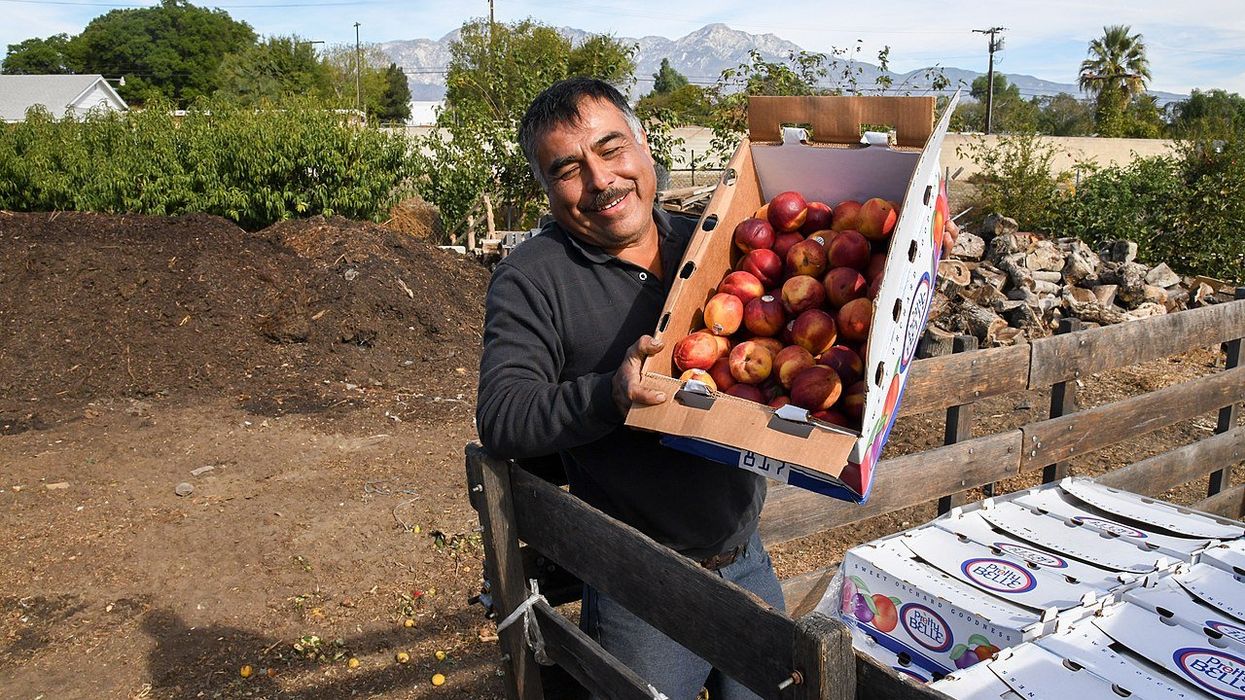The 1973 dystopian sci-fi movie "Soylent Green "— which starred Charlton Heston and Edward G. Robinson and took place in 2022 — depicted a hellish world in which widespread pollution and global warming had led to severe food and water shortages as well as widespread hunger and desperation. Now, in 2025, a newly released study finds that severe weather is threatening crops in a major way — and that the production of some key crops in the United States could decrease by as much as 50 percent by the end of the 21st Century.
The study was published by Nature.com on Wednesday, June 19 and was, according to CNN's Laura Paddison, "eight years in the making." It was conducted by a group of scientists, including Solomon Hsiang of the Stanford Doerr School of Sustainability, and illustrates the link between food supply and climate change.
"Of the many impacts of the fossil fuel-driven climate crisis," Paddison reports in an article published by CNN that day, "damage to the global food system is one of the most terrifying. But the overall impact of climate change on crops — and how much it can be offset by farmers' adaptations — has been hard to establish and hotly debated…. The scientists analyzed six crops — maize, soybeans, rice, wheat, cassava and sorghum — in more than 12,000 regions across 54 countries. Together, these crops provide more than two thirds of humanity's calories."
READ MORE: Trump's new greed deal the ultimate act of destruction the prophets have predicted
The CNN reporter continues, "They also measured how real-world farmers are adapting to climate change, from changing crop varieties to adjusting irrigation, to calculate the overall impact of global warming. Their findings are stark."
Paddison notes that according to the study, "every 1 degree Celsius the world warms above pre-industrial levels will drag down global food production by an average of 120 calories per person per day." Hsiang warns that this will increase food prices.
Hsiang told CNN, "If the climate warms by 3 degrees, that's basically like everyone on the planet giving up breakfast…. This is a major problem. It's incredibly expensive. As a species, we have never confronted anything like this."
Paddison reports, "Wheat, soy and maize — high value crops for a lot of the world — will be especially badly affected, the study found. If humans keep burning large amounts of fossil fuels, maize production could fall by 40 percent in the grain belt of the U.S., eastern China, central Asia, southern Africa and the Middle East; wheat production could fall by 40 percent in the U.S., China, Russia and Canada; and soybean yields could fall 50 percent in the U.S."
READ MORE: 'Catastrophe': Trump uses 'phony energy emergency' to 'illegally' destroy state laws
The CNN journalist adds, "The only staple crop that might be able to avoid substantial losses is rice, which can benefit from warmer nighttime temperatures…. Global warming will be particularly devastating for the U.S., where it's projected to reduce yields by 40 percent to 50 percent for all staple crops except rice, Hsiang said."
READ MORE: How climate change could upend the American Dream
Read the study at Nature.com and find CNN's coverage here.


